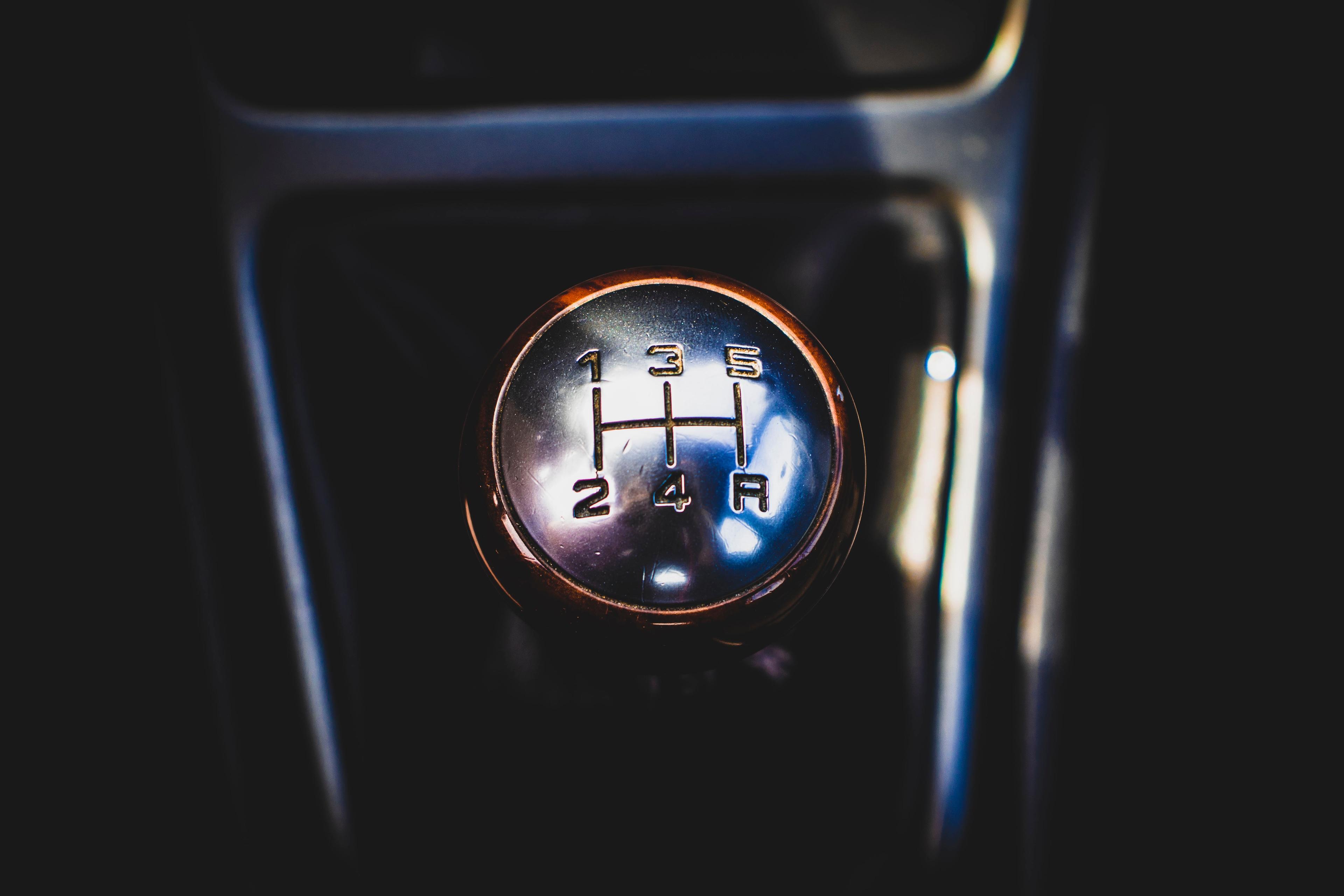LeaseLoco surveyed just over 1,000 people (1,016) to reveal that 45% of respondents who drive admit to coasting. Coasting is where a driver drives with their foot pressed down on the clutch or the gearstick in neutral in an attempt to save petrol. However, many drivers will be surprised to know that this is a false misconception.
Other findings:
- 40% of drivers who have coasted were female
- 54% of drivers who have coasted were male
- 6% of drivers who have coasted didn’t disclose their gender
- 38% of drivers who have not coasted were male
- 54% of drivers who have not coasted were female
- 8% of drivers who have not coasted didn’t disclose their gender
Potential fine: £1,000 fine (£2,500 for PCV or goods vehicle) / Discretionary disqualification.
John Wilmot, chief executive at the UK’s biggest car lease comparison site, LeaseLoco, explains “Coasting is no longer beneficial to energy efficiency due to the fuel system in the majority of modern cars.”
“When we drive downhill in gear our engine ECU detects that the accelerator isn’t engaged and cuts fuel from going into the fuel injectors. We use no fuel or very little when driving downhill in gear. However, when we drive downhill in neutral our engine and wheels become disconnected. This forces a small amount of fuel to be sent to the engine due to the car not receiving the rotational power it needs from the wheels, instead of drawing that power directly from the wheels.”
Not only is driving in neutral not an effective energy-efficient driving technique it’s also very dangerous, as you don’t have full control over the car when it’s in neutral. Rule 122 of the Highway Code states that ‘coasting’ is a term describing a vehicle travelling in neutral or with the clutch pressed down. It can reduce driver control because,
- Engine braking is eliminated
- Vehicle speed downhill will increase quickly
- Increased use of the footbrake can reduce its effectiveness
- Steering response will be affected, particularly on bends and corners
- It may be more difficult to select the appropriate gear when needed
LeaseLoco has explained more below on why you should never consider coasting:
-
The car picks up speed much quicker when free rolling down a hill due to gravity, meaning you go considerably faster than you otherwise would when the engine is engaged and the car is in gear.
-
A driver has much less control because they can’t control the speed via engine braking - since the engine is not connected to the wheels.
-
If a driver found themselves in a difficult driving situation when the car was in neutral, they would struggle to quickly accelerate out of the problem. You also lose engine braking, meaning you run the risk of overheating the brakes when it comes to slowing the car.
Potential Vehicle Damage
You will wear out your brakes much quicker
When driving in neutral, drivers become reliant on the mechanical brakes due to the engine brakes disengaging. This can wear out the mechanical brakes much quicker. Also, because you are more likely to be going much faster than usual, as mentioned above, you are going to be braking with much more force required over the same journey, meaning brake discs and pads wear at a quicker rate.

Coasting with the clutch down is also going to cost you a lot more in the long run
The throw out bearing is the part of the clutch system that disengages the engine while the clutch pedal is pressed down. If this throw out bearing is under stress for longer periods than is necessary you’ll need to replace it quicker than usual. A faulty throw out bearing requires the dismantling of the entire clutch mechanism so it can cost a lot more than many may anticipate.
